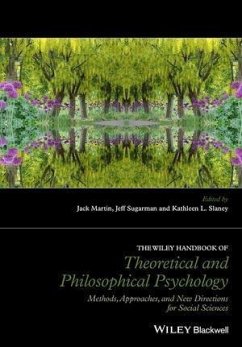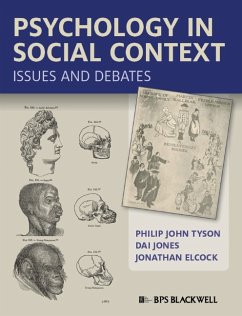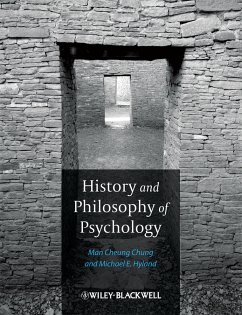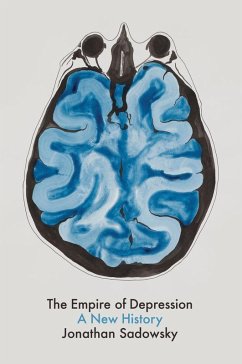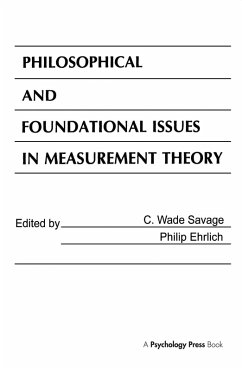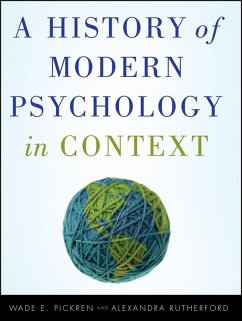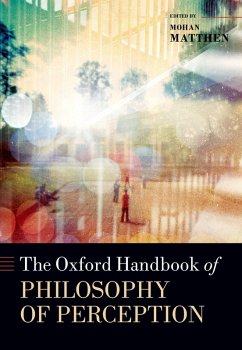
The Wiley Handbook of Theoretical and Philosophical Psychology (eBook, ePUB)
Methods, Approaches, and New Directions for Social Sciences
Redaktion: Martin, Jack; Slaney, Kathleen L.; Sugarman, Jeff
Versandkostenfrei!
Sofort per Download lieferbar
139,99 €
inkl. MwSt.
Weitere Ausgaben:

PAYBACK Punkte
0 °P sammeln!
The Wiley Handbook of Theoretical and Philosophical Psychology presents a comprehensive exploration of the wide range of methodological approaches utilized in the contemporary field of theoretical and philosophical psychology. * The Wiley Handbook of Theoretical and Philosophical Psychology presents a comprehensive exploration of the wide range of methodological approaches utilized in the contemporary field of theoretical and philosophical psychology. * Gathers together for the first time all the approaches and methods that define scholarly practice in theoretical and philosophical psychology ...
The Wiley Handbook of Theoretical and Philosophical Psychology presents a comprehensive exploration of the wide range of methodological approaches utilized in the contemporary field of theoretical and philosophical psychology. * The Wiley Handbook of Theoretical and Philosophical Psychology presents a comprehensive exploration of the wide range of methodological approaches utilized in the contemporary field of theoretical and philosophical psychology. * Gathers together for the first time all the approaches and methods that define scholarly practice in theoretical and philosophical psychology * Chapters explore various philosophical and conceptual approaches, historical approaches, narrative approaches to the nature of human conduct, mixed-method studies of psychology and psychological inquiry, and various theoretical bases of contemporary psychotherapeutic practices * Features contributions from ten Past Presidents of the Society of Theoretical and Philosophical Psychology, along with several Past Presidents of other relevant societies
Dieser Download kann aus rechtlichen Gründen nur mit Rechnungsadresse in D ausgeliefert werden.




